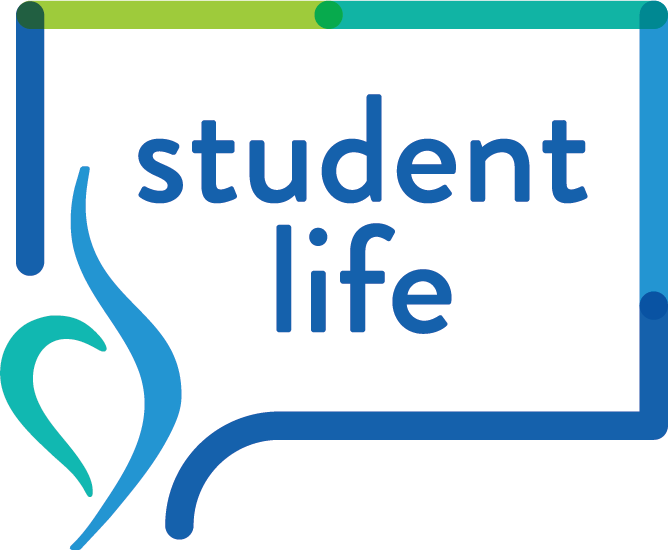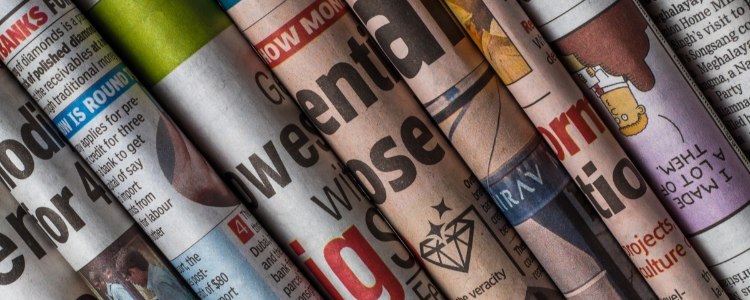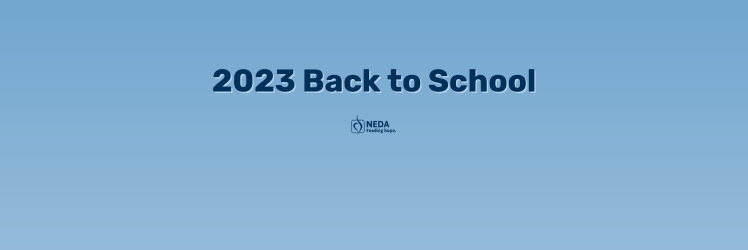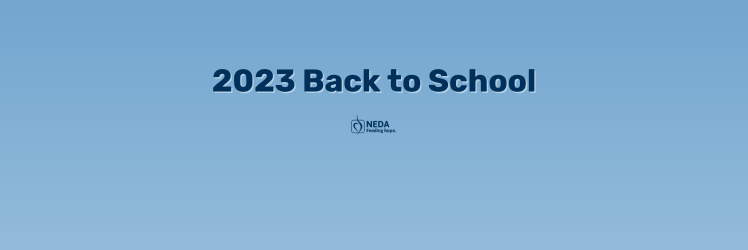Small waist, long legs, voluminous hair, big breasts. I was programmed to believe these were the ideal traits a girl must have to be deemed valuable. As a child, I was frequently exposed to Barbie, Victoria’s Secret advertisements and novellas —all of which repeatedly perpetuated the same beauty ideal.
Being a heavy media consumer did not help with constructing healthy role models either. I internalized mainstream media’s messages that reinforced a standard beauty ideal. As a result, these messages influenced me to have body image dissatisfaction. Before I had even entered high school, I had developed an unhealthy relationship with myself. I would pray and hope that I would magically be gifted these idealized features overnight.
My high school experience was unenjoyable to say the least. I despised my short height, frizzy medium-coarse hair and, most of all, my small breasts. I consistently saw images of women with large breasts on TV and in Cosmopolitan. I envied them and I envied the girls who mirrored these images at my school. I even believed that altering yourself through surgery was a norm after watching reality shows that promoted plastic surgery.
I battled with many self-confidence issues. I had let the hegemonic patriarchal systems bully me into believing who and what was valuable, desirable and successful in society. I was unaware of all the damaging messages the media create for their own profit. I was simply a multi-billion industry’s vessel willing to splurge on the latest trends in order to be accepted by society.
Even though my family was struggling financially, I persistently asked my mother to buy me breast implants for my 18th birthday. Somehow, my unhappiness with my body felt more important than my family’s fundamental survival needs. That is how powerful the media is to the vulnerable consumer.
I am grateful to have been exposed to media literacy in college. By understanding that the power structure maintains stereotypes and chooses to over-represent a particular image in order to reinforce social values, I am able to decolonize myself from the hegemonic status quo. By understanding that what I had observed and internalized from the media was in fact a smart, premeditated ploy by media creators, I have become cognitively aware of the power structure’s dependence on playing upon our insecurities. With this awareness, I am able to rewire past thoughts that clouded my self-perception and instead critically analyze the content creator’s purpose for their messages.
We are constantly bombarded with media. It is important to be cognizant of media’s purpose and messages; without critical thinking skills, they can create a negative self-perception and negative perception of certain groups. Once I got into the natural habit of implementing media literacy in my media consumption, I have had a much healthier relationship with myself. Although it is an ongoing struggle to repel unhealthy media messages, by attempting to reject messages I have overcome many of my own body image issues. As a practice of self-care and self-love, it is crucial to acquire media literacy skills for a happier, healthier life.

Gisselli Rodriguez is a feminist writer based in Los Angeles. She advocates for healthy body image and fair representation of people in media. She also enjoys inclusive yoga.
This content was originally published on Proud2bme.org in 2015.





